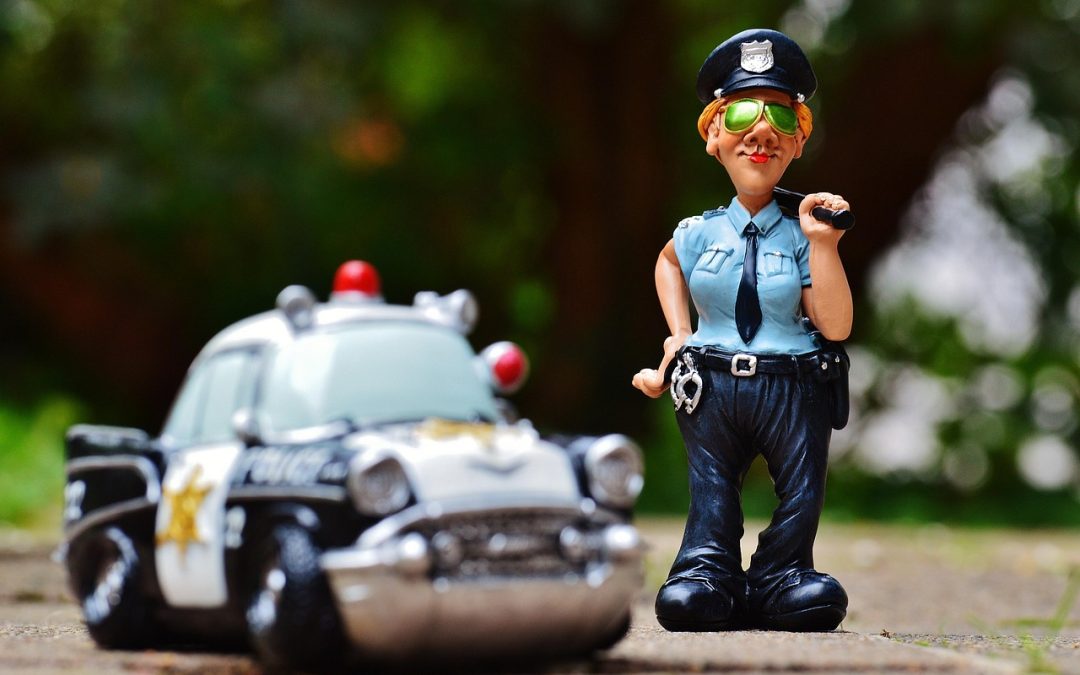When interacting with the police, it’s essential to know your rights and obligations. A common scenario is being stopped and asked for identification. Understanding what you must provide and what you can refuse can help you navigate the situation safely and assert your rights.
Know Your Rights: The Fourth Amendment and Stop-and-Identify Laws
In the United States, the Fourth Amendment protects citizens from unreasonable searches and seizures. This includes being detained or stopped by law enforcement. To legally stop someone, police need reasonable suspicion that the person is involved in criminal activity. However, not all states have stop-and-identify laws, which compel individuals to provide identification during these encounters.
What to Expect and How to Respond
If you’re stopped, stay calm and respectful. The officer may ask for your name and identification. In some states, like Nevada (NRS 171.123) and New York (CPL 140.50), you are required to provide identification if you’re reasonably suspected of committing a crime. However, you don’t have to provide additional information or answer questions without a lawyer present. Remember, you have the right to leave until the officer informs you that you’re free to go.
- Remain calm and avoid argumentative behavior.
- Provide your name and identification if required by state law or if you’re comfortable doing so.
- Politely ask if you’re free to leave or if you’re being detained.
- Don’t resist or obstruct the officer, even if you believe your rights are being infringed upon.
- Don’t lie or provide false identification.
“The officer’s mission is to enforce the law, while your mission is to protect your rights and stay safe.”
Asserting Your Rights While Prioritizing Safety
It’s crucial to balance asserting your rights with de-escalating the situation and prioritizing your safety. Avoid physical confrontation or aggressive behavior, as this can lead to harmful consequences. If you feel uncomfortable or unsafe, ask to speak with a supervisor or request a lawyer.
In conclusion, knowing your obligations and rights when stopped by law enforcement is vital. Stay informed about local laws in your area, and remember to prioritize safety and de-escalation alongside asserting your rights. By doing so, you can navigate these situations with confidence and respect for both yourself and law enforcement.
The information at Observed.Org may not pertain to every jurisdiction. It is YOUR responsibility to know your rights and observe them. Nothing here should be considered legal advice.

